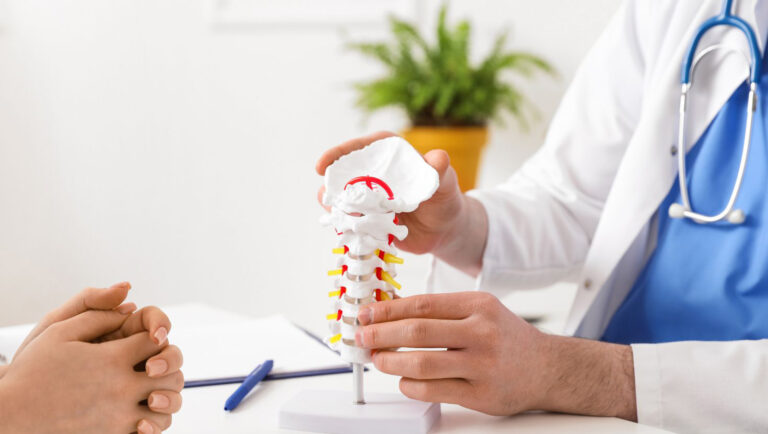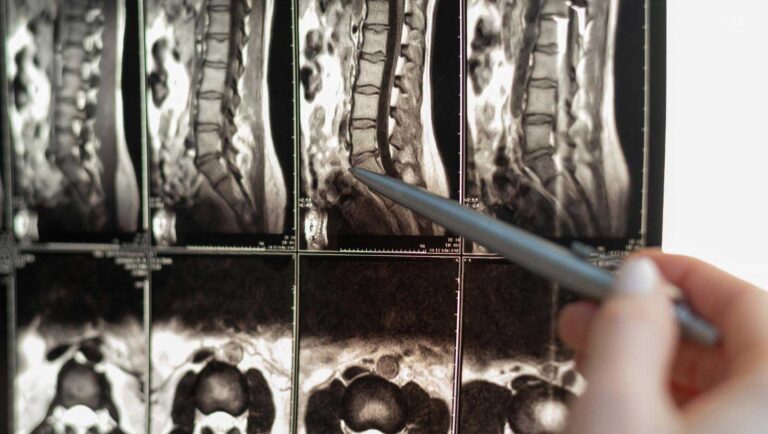Post-Traumatic Stress Disorder After An Accident; How Do I Know?
Understanding Post-Traumatic Stress Disorder (PTSD) After an Accident
In Canada, individuals involved in serious motor vehicle accidents may grapple with Post-Traumatic Stress Disorder (PTSD). According to clinical research, many accident survivors exhibit symptoms such as flashbacks and nightmares, indicating potential PTSD. Understanding the prevalence of PTSD in the aftermath of accidents is crucial for both victims and their support systems.
Defining Post-Traumatic Stress Disorder
PTSD is a severe and potentially debilitating mental health condition triggered by traumatic, life-threatening events. In the context of serious motor vehicle accidents, individuals may experience PTSD symptoms. Clinicians have established a Diagnostic Criteria Table comprising six categories: trauma, re-experiencing symptoms, persistent avoidance and numbing, hyperarousal, duration of disturbance, and clinically significant distress or impairment. Proper diagnosis requires consultation with a healthcare professional.
Recognizing PTSD Symptoms
Understanding the symptoms associated with PTSD is vital for early identification and intervention. The six categories of diagnostic criteria encompass various aspects, and individuals must meet specific criteria within each category for a diagnosis. Recognizing symptoms is the first step toward seeking appropriate help.

Coping Strategies for Diagnosed Individuals
Cognitive-Behavioral Therapy (CBT)
- Purpose: To address and reduce avoidance behaviors related to the traumatic event.
- Process: Individuals engage in therapeutic discussions about their motor vehicle accident experiences.
- Outcome: Gradual improvement in coping mechanisms, allowing individuals to navigate past traumatic experiences.
Exposure Therapy
- Objective: To facilitate gradual acclimatization to the traumatic event, fostering desensitization.
- Approach: Controlled exposure to the trauma-related memories, helping individuals confront and manage their fears.
- Result: Enhanced ability to cope with past experiences, empowering individuals to resume activities such as driving.
Tips for Coping with PTSD
- Seek Professional Diagnosis: Consult a healthcare professional to determine if PTSD symptoms are present and to establish a personalized treatment plan.
- Explore Therapeutic Options: Consider cognitive-behavioral therapy and exposure therapy as effective interventions for PTSD.
- Build a Support System: Engage with friends, family, and support groups to create a network that understands and assists in the recovery process.
- Patience in Recovery: Recognize that recovery is a gradual process, and patience is key. Celebrate small victories and progress.
Understanding PTSD, backed by Canadian statistics, is pivotal for individuals navigating the aftermath of serious motor vehicle accidents. Seeking professional help and employing effective coping strategies are essential steps toward reclaiming a sense of normalcy.
Helping Injured Clients
For over 35 years, CLG Injury Lawyers have helped thousands of injured clients. We fight for your rights to receive the maximum compensation you deserve. Providing you the Peace of Mind to focus on your Road to Recovery. Our experienced personal injury lawyers offer a free, no obligation case evaluation.
For more articles and safety tips, go to https://clginjurylaw.ca/blog/ or subscribe to our newsletter.







